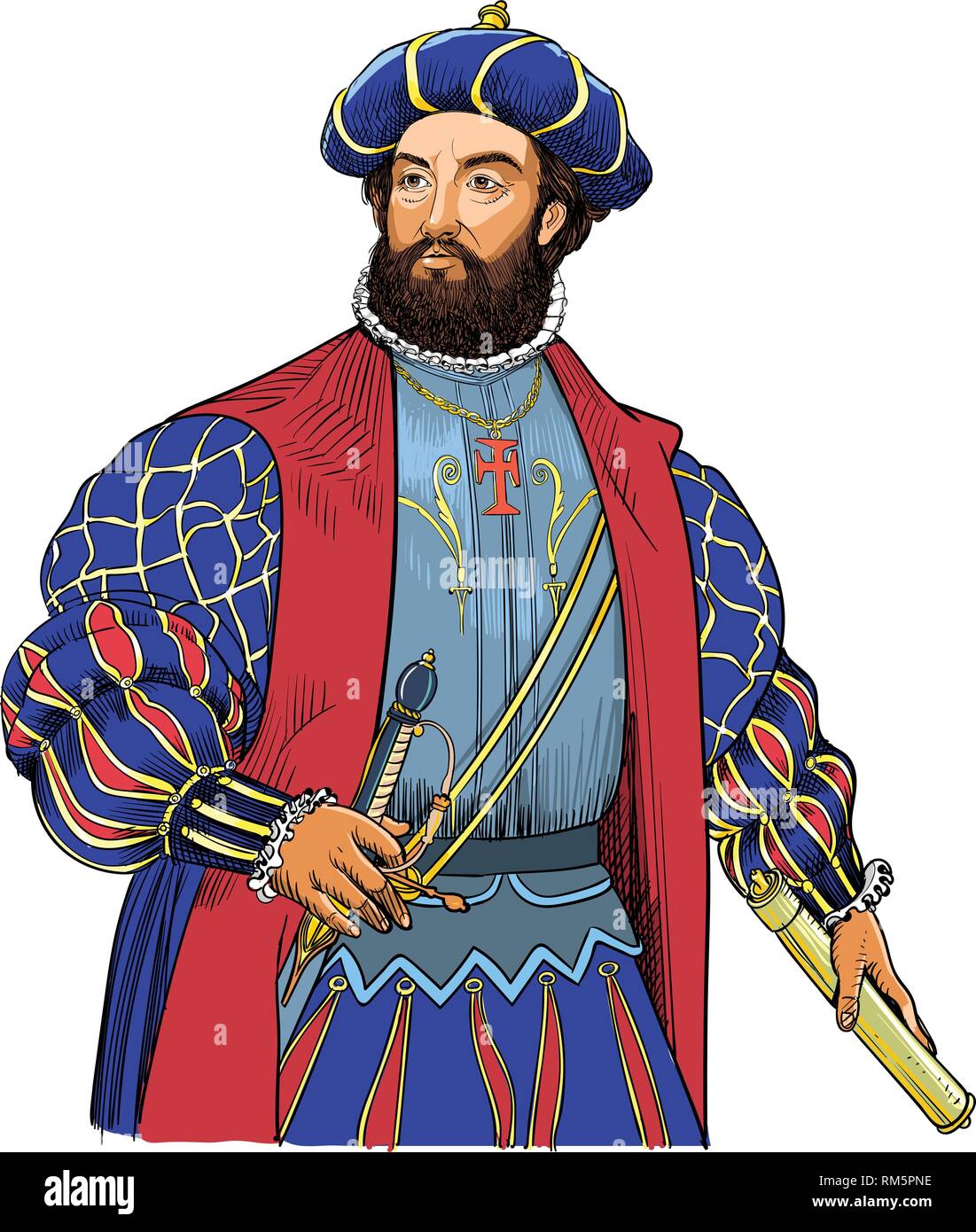
Vasco Da Gama was the first European to sail around the continent of Africa to Asia. The major significance of Vasco Da Gama's voyages was that they opened maritime trade between Asia and Europe and they helped to create a Portuguese empire. Keeping this in consideration, what was significant about Vasco da Gama's 1497 voyage? He left Portugal in 1497 and sailed south along the western coast of Africa. The Portuguese were looking for a water route to India.

His most significant accomplishment was sailing from Portugal to India in 1497. The Portuguese nobleman Vasco da Gama (1460-1524) sailed from Lisbon in 1497 on a mission to reach India and open a sea route from Europe to the East.Īlso, what was Vasco da Gama's accomplishments? Vasco da Gama was a successful Portuguese explorer. His discovery of this sea route helped the Portuguese establish a long-lasting colonial empire in Asia and Africa.įurthermore, where did Vasco da Gama explore? He accomplished what many explorers before him could not do. However after Britain sent more troops and after the loss of many lives on both sides the Zulu resistance was quelled and in 1887 KwaZulu became an annexation of Natal.Vasco De Gama was the first European to find an ocean trading route to India. During the duration of the Anglo-Zulu war the British suffered very heavy casualties and at the battle at the Isandlwana Mountain on the 22nd January 1879 a force of 20,000 Zulu Warriors attacked the British Camp and despite their best efforts 2000 or more British Soldiers met their death. In 1879 the British caused a very serious provocation for the Zulu Nation by claiming the entire area of Zululand and resulting in the Zulu King Cetshwayo declaring war against the British. Finally the British gained control and the Crown Colony of Natal was formed in 1844 which resulted in the retreat of the Voortrekkers. Peace reigned for a while after the Battle of Blood River when the Voortrekkers defeated the Zulus, but then the conflict between the Voortrekkers and the British began to gain control of Natal. Battles with the Zulu tribe, who regarded Natal as their property began to erupt on a very frequent basis and Durban became vulnerable to attack.

In 1836 the Voortrekkers who were leaving the Cape to avoid British rule arrived in Natal. The town resulting from this agreement was named Durban after the then Cape Governor Sir Benjamin D’urban. This became a sporadic port of call for ships, but it was only in 1824 that a real colony called Port Natal began to develop after merchants from the Cape Colony reached agreement with Shaka the Zulu king who allowed them to establish a trading station.


 0 kommentar(er)
0 kommentar(er)
